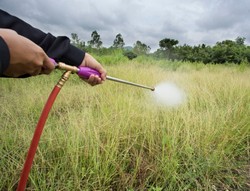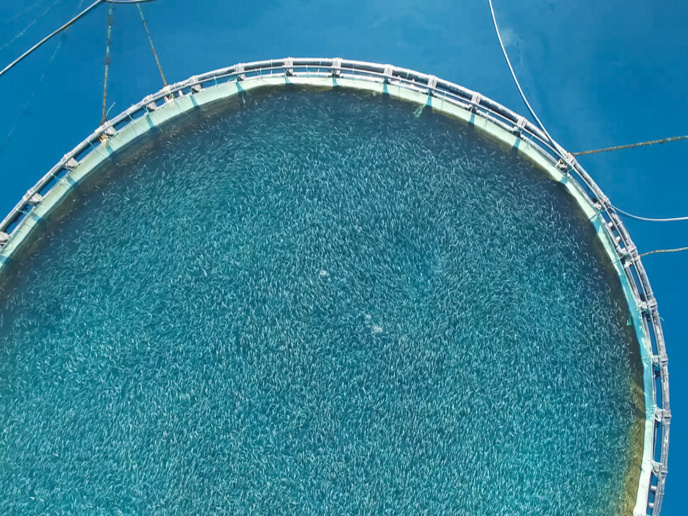Strategies to reduce copper in pesticides
A necessary mineral for living organisms, copper is also used as a pesticide in farming, particularly for potato, grape, tomato and apple production systems. Research shows that long-term copper accumulation in soil can cause problems for soil organisms and affect soil health. Disease control strategies in organic and low-input farming systems need to be cost effective. This is to ensure yield security and product quality while preserving the environment and staying competitive with conventional farming practices. The EU-funded CO-FREE(opens in new window) (Innovative strategies for copper-free low input and organic farming systems) project worked to develop alternative compounds and application tools to integrate into strategies aiming at copper-free apple, grapevine, potato and tomato production systems. The researchers also focused on ecotoxicological studies of the newly developed compounds and on resilient production systems. CO-FREE developed copper reduction strategies, and found that it is currently not feasible to phase out copper completely. They did however manage to reduce copper use in the four testing systems. Researchers composed smart management strategies to reduce or replace copper in pesticides based on combinations of robust cultivars, alternative compounds and decision support systems. They found alternative compounds of plant and microbial origin, further improved these with respect to formulations to reduce copper use within traditional production systems. The team also developed strategies to boost acceptance of novel disease-resistant cultivars by consumers and retailers. The researchers evaluated at all levels the economic impact of new products and the strategies. CO-FREE partners will work further with policymakers, advisors, farmers, wholesalers, consumers and the wider public to disseminate the findings. This will help to reduce copper dependency in European farms. Besides being eco-friendly, copper-free treatments will encourage more investment in organic and low-input farming systems.







